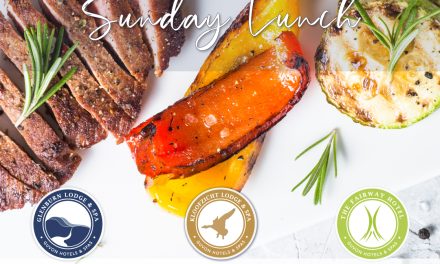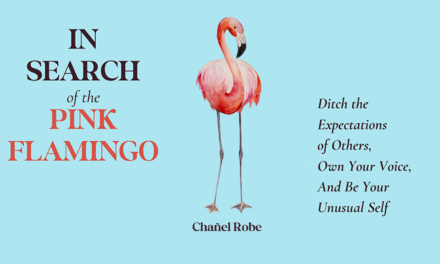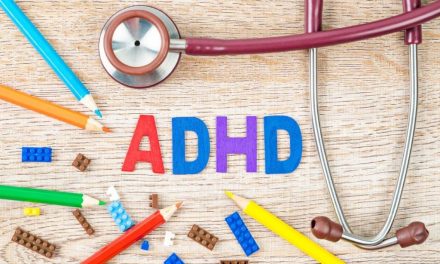A couple of years ago, I decided to take that old phrase, “you are what you eat” to heart and started eating intuitively. What I’ve learnt is that our bodies have a lot to say if we are willing to listen.
People often ask me: “What do you eat in a day?” For me, the answer is simple: wholefoods. In other words, one-ingredient foods. The food that you buy in the fresh-produce aisles, as opposed to the packaged food aisles of your local supermarket. This includes things like vegetables, fruit, nuts, seeds, legumes, pulses, wholegrains, lean proteins, spices, and herbs. However, what works for me may not work for you. Let me explain….
Food is personal
We all have completely different genetic makeups, fitness goals, workouts, lifestyles, and metabolisms. All this influences how we should be eating. Even the healthiest foods can have varying effects on different people, depending on their genetic differences.
While packed with healthy benefits, garlic, for example, is a food that affects different people in different ways. For some people garlic digests comfortably and adds delicious flavour to dishes, while providing benefits in the form of heart health and antimicrobial properties. For others, garlic can cause stomach cramps.
How our bodies respond to different types of food is completely based on what the body likes and needs. And this will vary across – and even within – individuals. The type of foods that our bodies function optimally on will differ from one point in time to the next. Our lifestyles and bodies are constantly changing. So, what worked for you before may not work for you now. For example, if you never used to be the active type, but you’ve recently started exercising regularly, you may find yourself being put off by fast-food that you used to enjoy, which now makes you feel uncomfortable and sluggish in your workouts.
Listening to your body
This is where intuitive eating comes in. Or, put simply: listening to our bodies. It is vital for us to become attuned to our bodies’ needs. Eating intuitively can help you gauge the type of nutrition you need at a specific point in time. If, say, you’re lifting heavy weights and eating very little and you feel weak and fatigued all the time, your body might be trying to tell you that it needs more protein and healthy carbohydrates for recovery.
Importantly, intuitive eating does not mean giving in to cravings. Not at all. When you are properly in tune with your body, you will begin to understand the difference between a craving and a genuine nutritional need. These differences can be difficult to discern at first, but with practice and patience, you will become more familiar with your body and begin to more easily determine the difference between the two.
How to become an intuitive eater?
Spending some time focussing on how your body responds to different foods is a great way to form a better understanding of where your body is at.
- Start a food journal: Start by keeping a food journal to understand your eating behaviours, the times you eat, your food choices, etc. This will assist you in becoming more familiar with your eating patterns, behaviours, cravings and the reaction your body has to different foods. You might be surprised by the realisations pertaining to your eating behaviours that come to light.
- Eat slowly: Chew food properly and mindfully. Make sure you sit down when eating and enjoy each meal.
- Just eat: Be careful of the activities you engage in while eating as you can develop learnt associations between certain activities and eating. Think about going to movies – I bet the first thing you think about is popcorn. Similarly, if you watch TV and eat at the same time you may start to get hungry every time you watch TV. Ideally, make mealtimes an occasion and when you sit down to eat, just eat.
- Eat wholefoods: As far as possible, avoid food that’s ultra-processed. Such food is often high in sodium and unhealthy fats, which can lead to health problems down the line. Also be sure to drink plenty of water.
- Notice how you feel: See how your body responds to different foods – you may realise that dairy or grains, for example, don’t work well for your body, or maybe your body functions better on higher levels of protein. It really is so specific to what your body needs at a particular point in time. Some signs that something you ate doesn’t agree with you: feeling bloated, stomach cramps, nausea, constipation or diarrhoea, sinus congestion, itchiness, brain fog, or having energy spikes and crashes.
- Enjoy your food: Lastly, stay away from fad diets or any diet that tells you to avoid entire food groups or leaves you feeling deprived and miserable. If you find a diet to be too restrictive or prescriptive, chances are you won’t be able to stick to it. Instead, eat a balanced diet and listen to your body.
Learning to eat intuitively won’t happen overnight. It may mean breaking long-held habits and becoming more thoughtful and intentional around food than you’re used to. But with practice, you may reach a point where food is both fuel and something to enjoy without guilt and without bracing yourself for the inevitable side-effects later. Cheers to that!
What Is Intuitive Eating and Should You Be Doing It?



























